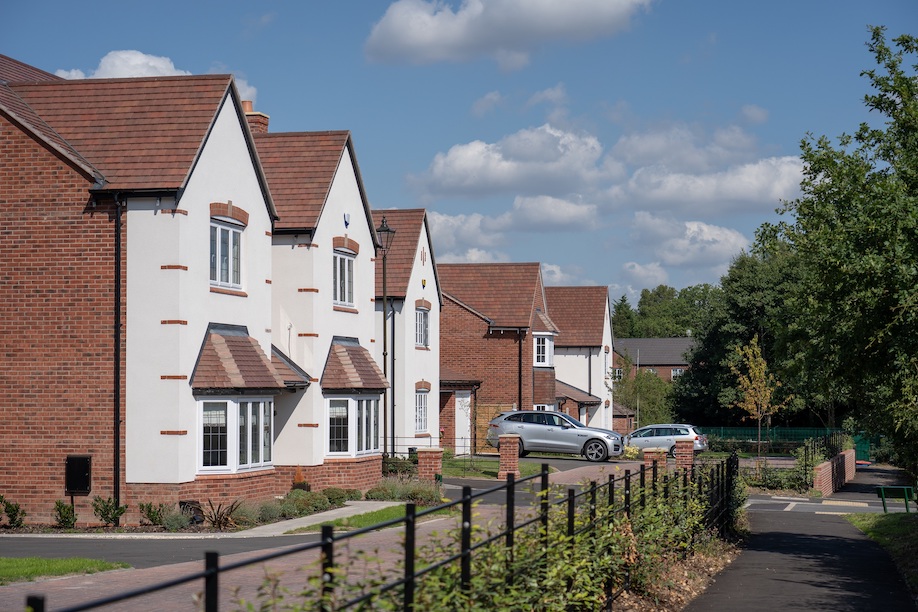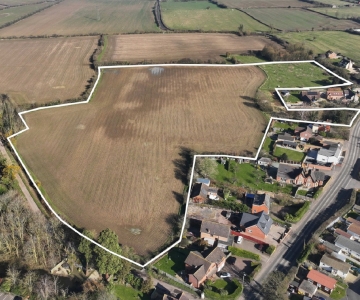Local elections were held across the majority of England outside London on the 4th of May 2023.
Much of the media coverage at the time centred on the momentum shift.
Of the 230 authorities that had an election, around a third (77) of councils changed overall control.
Three months on, Catesby Estates take a look at what the results mean for local plan-making, specifically what were the changes in areas with out-of-date local plans, and in areas where local planning authorities that have paused or are at risk of pausing plan-making.
These local elections have come at a time where plan-making has slowed to a glacial pace, and more than half of authorities are without an up-to-date local plan.
Moreover, with national housing policy back at the fore in the past months as the Conservatives put forward proposed changes to the National Planning Policy Framework (NPPF) and Labour pledged to re-instate mandatory housing targets if they win the next general election, it may well be that plan-making and housing become even more important battlegrounds for winning voters.

How did the local elections affect areas with no local plan?
151 (66%) of the 230 local authorities that had an election do not have an up-to-date local plan. Of these, just under a third (50) saw a change in overall control.
There has been some indication and speculation that this local political change is due to housing and planning policy, specifically contentious local plans.
In fact, of the 50 authorities without an up-to-date local plan and where there was a change in control, 46% (23 authorities) have significant constraints on their land availability, a likely signifier of contentious land supply decisions - compared to a national average of 34%.
This could be interpreted as supporting the housing and planning policy narrative, although as always, a plethora of issues might have influenced individual voter considerations.

What might be the implications for plan-making of a change in political control?
The implications for plan making in areas where there has been a change in political control aren’t immediately apparent. In some authorities that are mid-way through the local plan process, we might expect there to be some disruption with new parties and leaders having different priorities.
In others, new political figures might have been elected on housing and planning related platforms, and will therefore look to either press on, or hold back plan-making, depending on their electoral pledges.
Political instability and the shifting policies from Whitehall have contributed to a hiatus in plan-making. This has contributed to 53% of English local authorities (177) having not adopted a plan within the last five years.
Estimates are that policy uncertainty has led to 38 authorities pausing plan making, of which all but one had an election. 15 of these authorities changed control, all of which have higher than average land constraints.
In addition to the 38 authorities that have paused plan-making, there are 52 more that are at risk of pausing plan-making at the moment. 63 of these 90 authorities that have paused plan-making or are at risk of doing so had elections, and 25 changed control.
Election Conclusion
In conclusion, for a plan led system to deliver the homes the country needs, we continue to require local authorities, whatever their political control, to provide up to date local plans that meet local needs and priorities.
The slow pace of local plan making, combined with political uncertainty has led to many areas pausing or pulling their emerging local plans.
The May 2023 local elections have shifted the political control in many areas, the extent to which this leads to more pro-active plan making, or conversely, where the stasis continues, is as yet unclear.
Catesby Estates has significant experience navigating the political influence on planning decisions. If landowners are grappling with such issues, we would be happy to lend our thoughts and assistance.

Ed Barrett – Associate Director, Planning
01788 726810 / edb@catesbyestates.co.uk
Thinking about land promotion for your land site?
We’re actively seeking strategic land sites to add to our land promotion portfolio.
With a proven track record and strong success rate, landowners across the country are encouraged to contact us to find out how we could help you maximise the value of your land.




